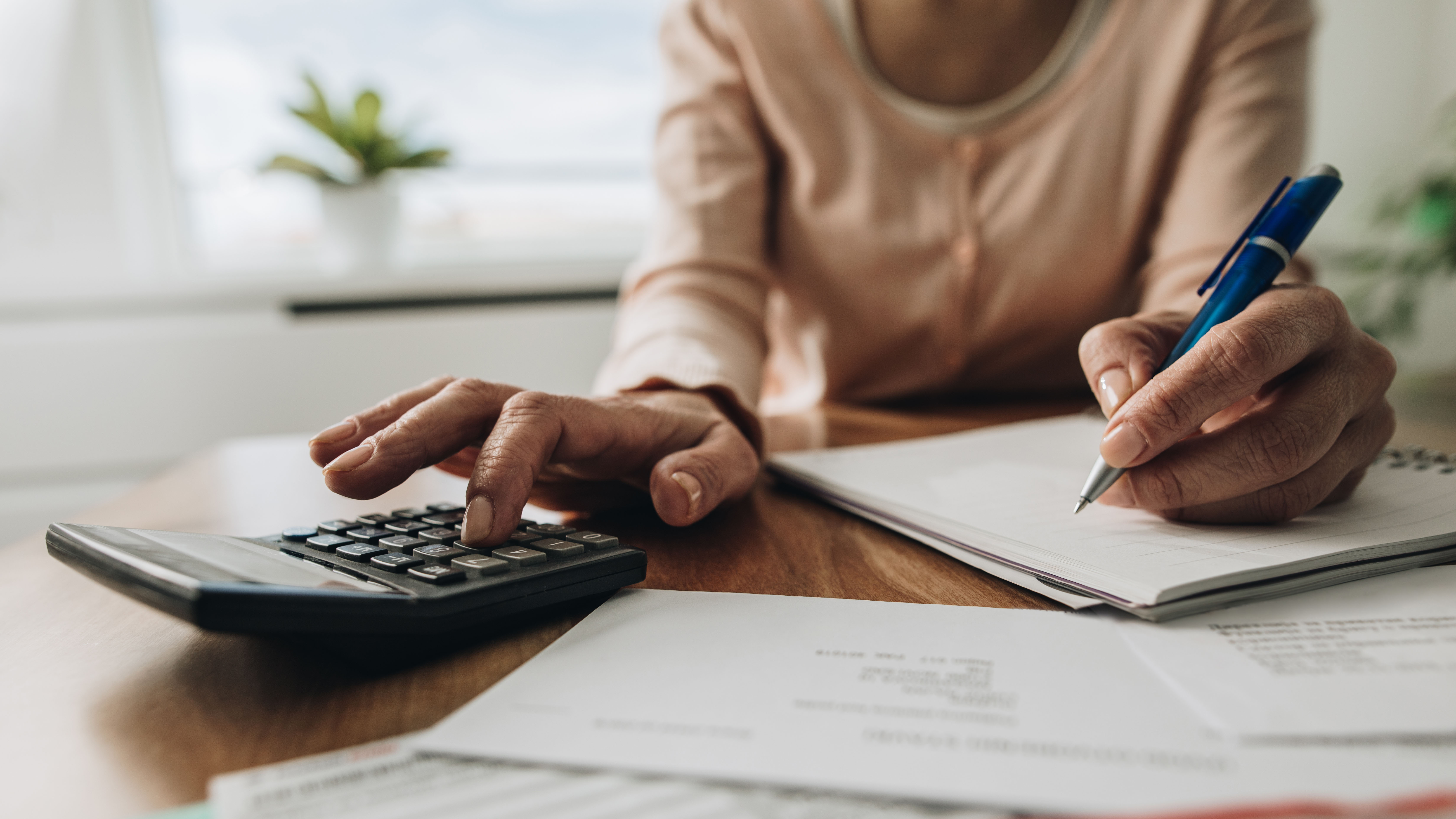
We’re back to saving less

If all you wanted for the holidays was a smorgasbord of economic data, well, Christmas came two days early for you.
New data shows consumer spending rose a paltry 0.6% last month, after climbing 1.4% in October. Core inflation — remember, that’s inflation without energy and food costs — up a not-so-paltry 4.7% from a year ago. That’s the highest it’s been in 32 years.
We also got the latest look at the personal savings rate, which dropped to 6.9% last month — the lowest since December 2017.
After a year and a half of socking away way more of our income than we used to, American households are reverting to pre-pandemic savings habits.
Sam Stovall, chief investment strategist at CFRA Research, used to regularly drop $20 for lunch at a Chinese restaurant near his Manhattan office. When the pandemic forced him to work from home, “go downstairs, open up a can of Progresso soup that ended up costing me one-tenth of that amount.”
Americans were saving at record high rates in 2020 and early this year, mostly because they couldn’t spend money outside the house.
Some predicted consumers would forever be more budget conscious, realizing how much they could save by cutting down on lattes and happy hours. Turns out there’s only so much Progresso we can handle.
“I doubt that there’s been any permanent shift in our savings behavior. It’s very hard for humans to change their stripes in the long term,” Stovall said.
So we’re spending like we used to, which means we’re saving less … again. We’re also not getting as much money from the government, pointed out Shannon Seery, an economist with Wells Fargo.
“A lot of stimulus has begun to fade,” she said. “We had enhanced unemployment benefits expire in September.”
Inflation hurts, too. Pricier food and gas tend to chip away at the piggy bank.
Even if omicron keeps us out of restaurants and malls this winter, it’s unlikely we’ll save a ton more, said Mark Hamrick with Bankrate.
“With less stimulus being applied in the economy, with the economy basically having to walk on its own, I don’t see a big influx of savings,” Hamrick said.
Pay for all these at-home COVID-19 tests certainly doesn’t help.
There’s a lot happening in the world. Through it all, Marketplace is here for you.
You rely on Marketplace to break down the world’s events and tell you how it affects you in a fact-based, approachable way. We rely on your financial support to keep making that possible.
Your donation today powers the independent journalism that you rely on. For just $5/month, you can help sustain Marketplace so we can keep reporting on the things that matter to you.

















